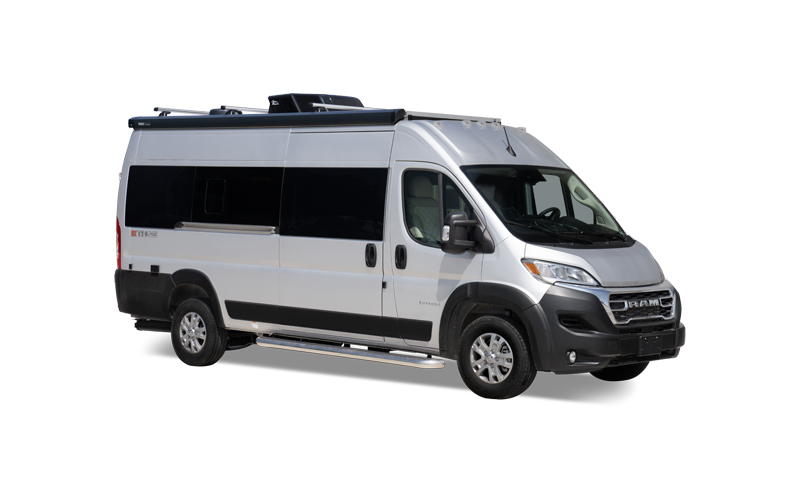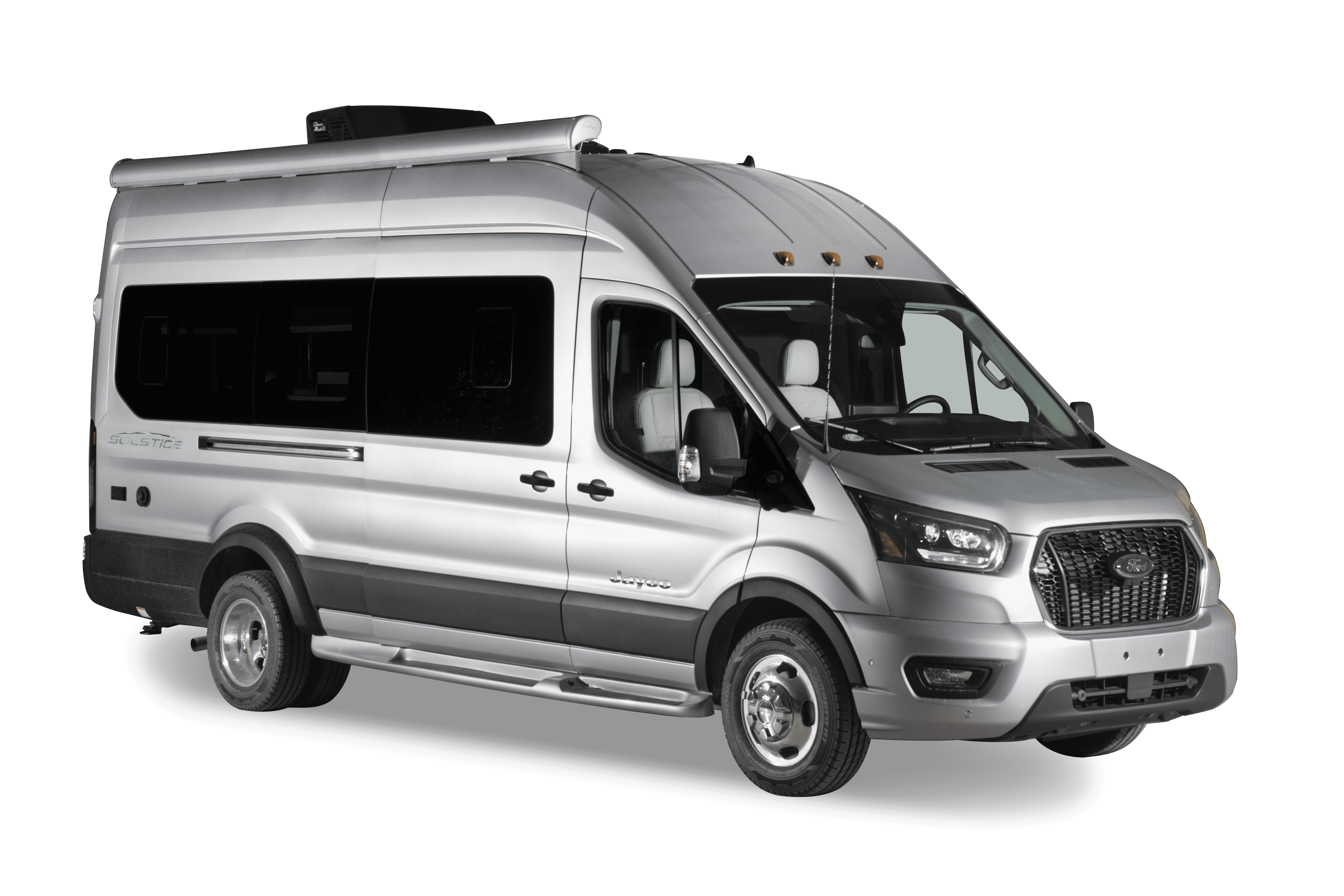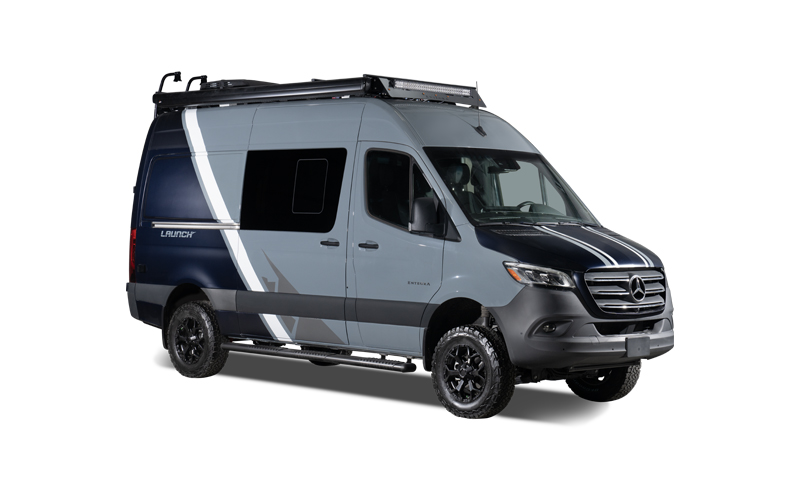Class B Motorhomes
Class B motorhomes, commonly known as camper vans, offer the ideal blend of mobility and comfort. Designed for effortless travel, these RVs let you explore all the essential amenities of home, making them perfect for both quick getaways and extended road adventures.
Loading...
Discover Models
scrollAnswers from our experts.
Yes, particularly models that are specifically engineered for four-season, all-terrain use. The models featured in "The Adventurer's Choice" section are prime examples. Key features to look for are a capable AWD or 4x4 system, which provides essential traction in snow, mud or on gravel roads. For winter use, look for comprehensive insulation and features like heated holding tanks, which prevent your water systems from freezing. Additionally, advanced hydronic heating systems like Aqua-Hot® or Timberline are ideal for cold weather. They run efficiently on diesel or electricity, providing consistent, quiet heat and eliminating the need to manage propane in freezing temperatures.
Towing capacity is a significant advantage of the Class B platform, adding to its versatility. The capacity varies depending on the chassis and engine combination. Models built on the robust Mercedes-Benz® Sprinter and Ford® Transit chassis typically offer a towing capacity of around 5,000 pounds. Models built on the RAM® ProMaster chassis generally have a towing capacity closer to 3,500 pounds. This is more than sufficient for towing a small boat, a pair of jet skis, a utility trailer with motorcycles or a small passenger car, greatly expanding your recreational possibilities at your destination.
Absolutely and this is one of their most appealing attributes, especially for the more compact models. Vans like the Jayco Comet, at under 18 feet, are specifically designed with this dual purpose in mind. Their ability to fit into a standard parking space and maneuver easily through city traffic makes them practical for everyday errands. Furthermore, they come equipped with the full suite of modern automotive safety features you'd expect in a new car, like blind-spot monitoring, lane-keeping assist and automatic emergency braking, making them as safe and confidence-inspiring to drive as a large SUV or passenger van.




